Aeon Video has a monthly newsletter!
Get curated editors’ picks, peeks behind the scenes, film recommendations and more.
For Ludwig Wittgenstein, language is a game, but not a frivolous one
The Austrian philosopher Ludwig Wittgenstein (1889-1951) wrote two major works in his life: the Tractatus Logico-Philosophicus (1921) and the posthumously published Philosophical Investigations (1953). With Philosophical Investigations, Wittgenstein at once built on and contradicted his earlier work, arguing that the meaning of language wasn’t in its relationship to reality (as he’d argued in the Tractatus) but in its vast web of crisscrossing usages – a ‘language game’, as he called it, in which all people are engaged. Further, he said, any attempt to step outside this language game was doomed to fail as, in the human mind, thinking and language are inseparable. In this video from 1987, the celebrated UK broadcaster and philosophy populiser Bryan Magee (1930-2019) discusses Wittgenstein’s intricate ideas with the US philosopher John Searle (1932-). Highlighting how Wittgenstein twice upended the philosophy of language – once by disagreeing with his own earlier views – Searle points to the philosopher’s wide influence, and what he perceives as the strengths and limits of his life’s work.
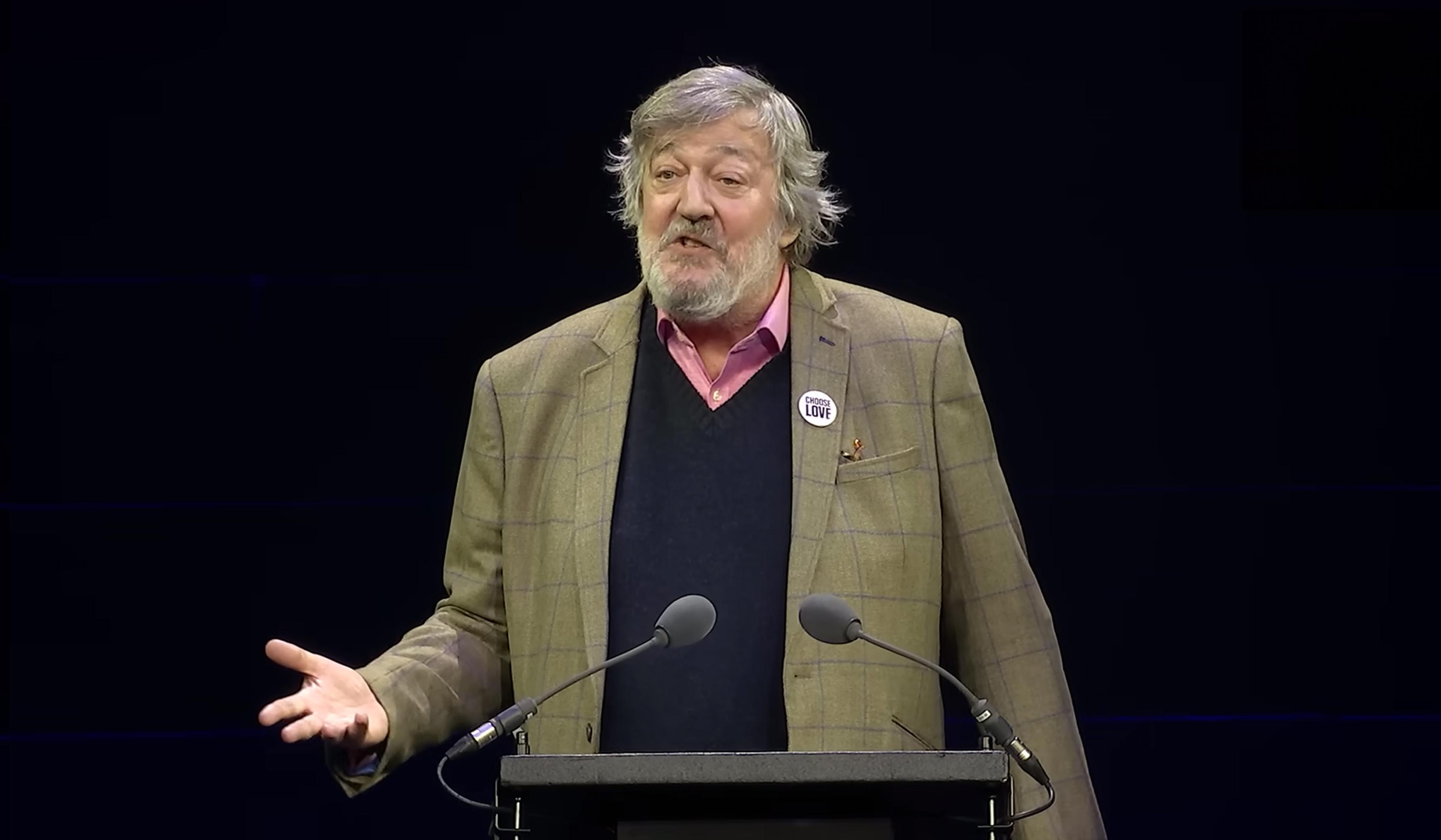
video
Meaning and the good life
Why strive? Stephen Fry reads Nick Cave’s letter on the threat of computed creativity
5 minutes
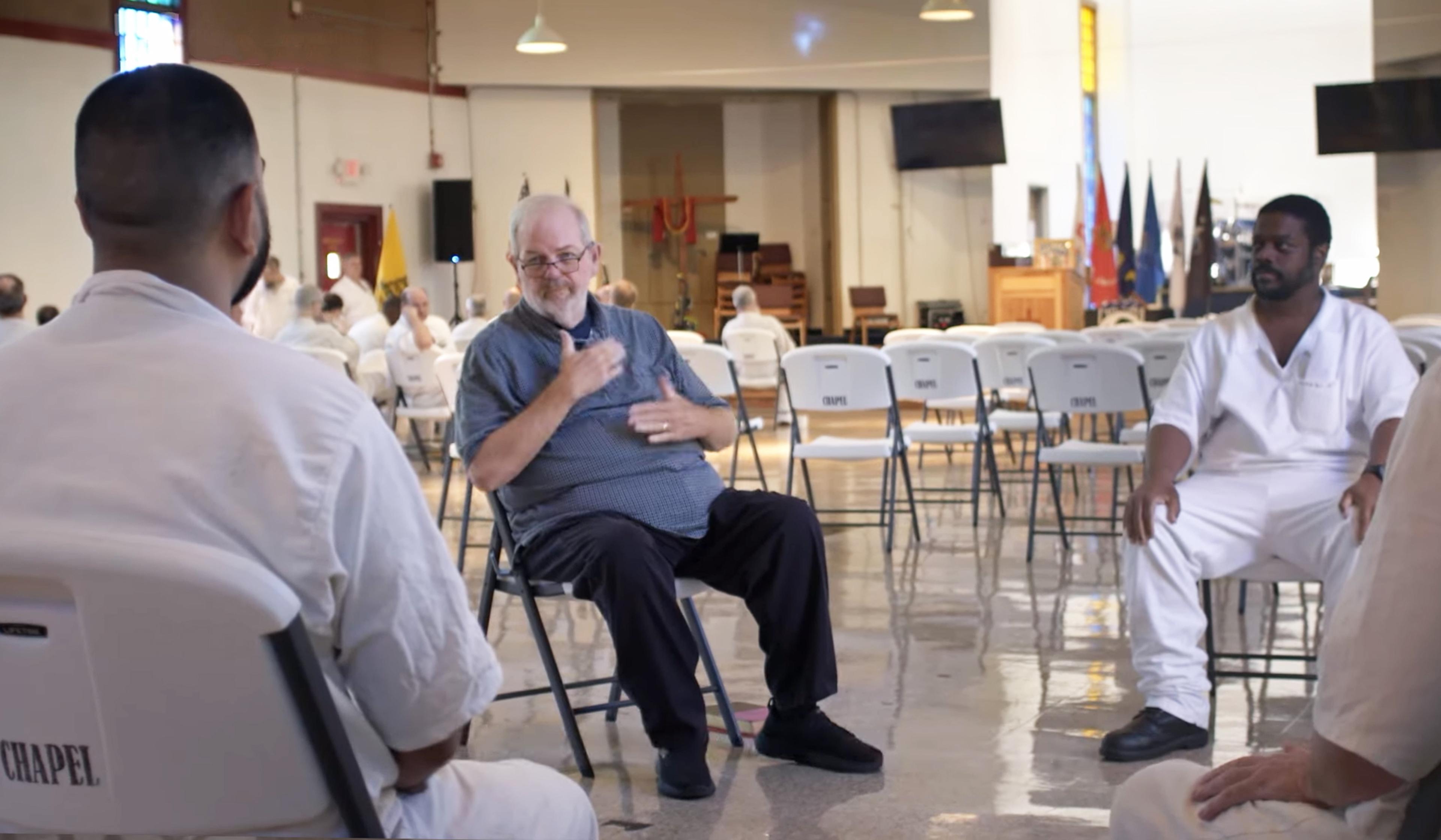
video
Human rights and justice
‘I know that change is possible’ – a Deaf prison chaplain’s gospel of hope
18 minutes
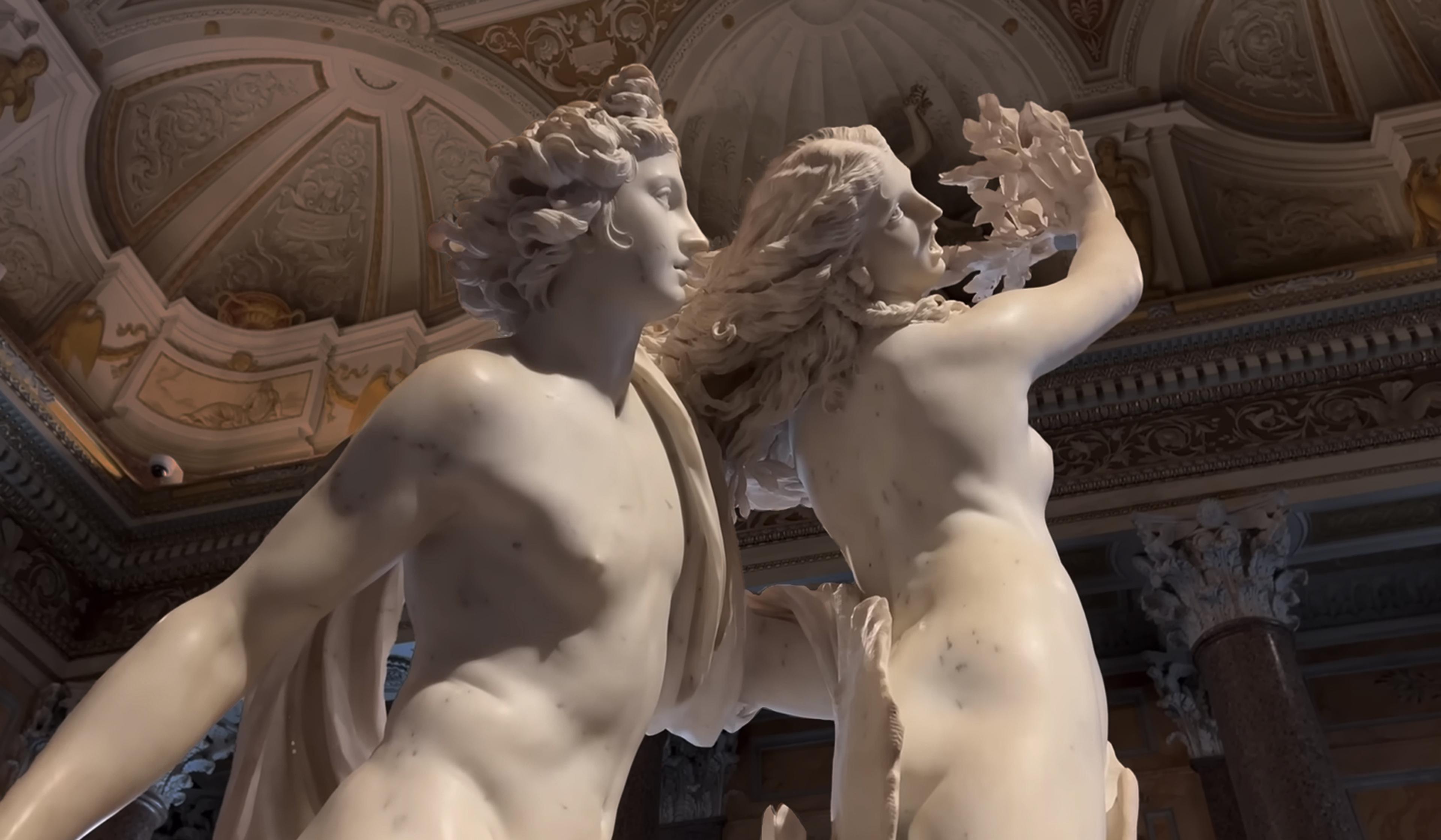
video
Art
The overlooked polymath whose theatrical oeuvre made all of Rome a stage
30 minutes

video
Beauty and aesthetics
The grit of cacti and the drumbeat of time shape a sculptor’s life philosophy
11 minutes
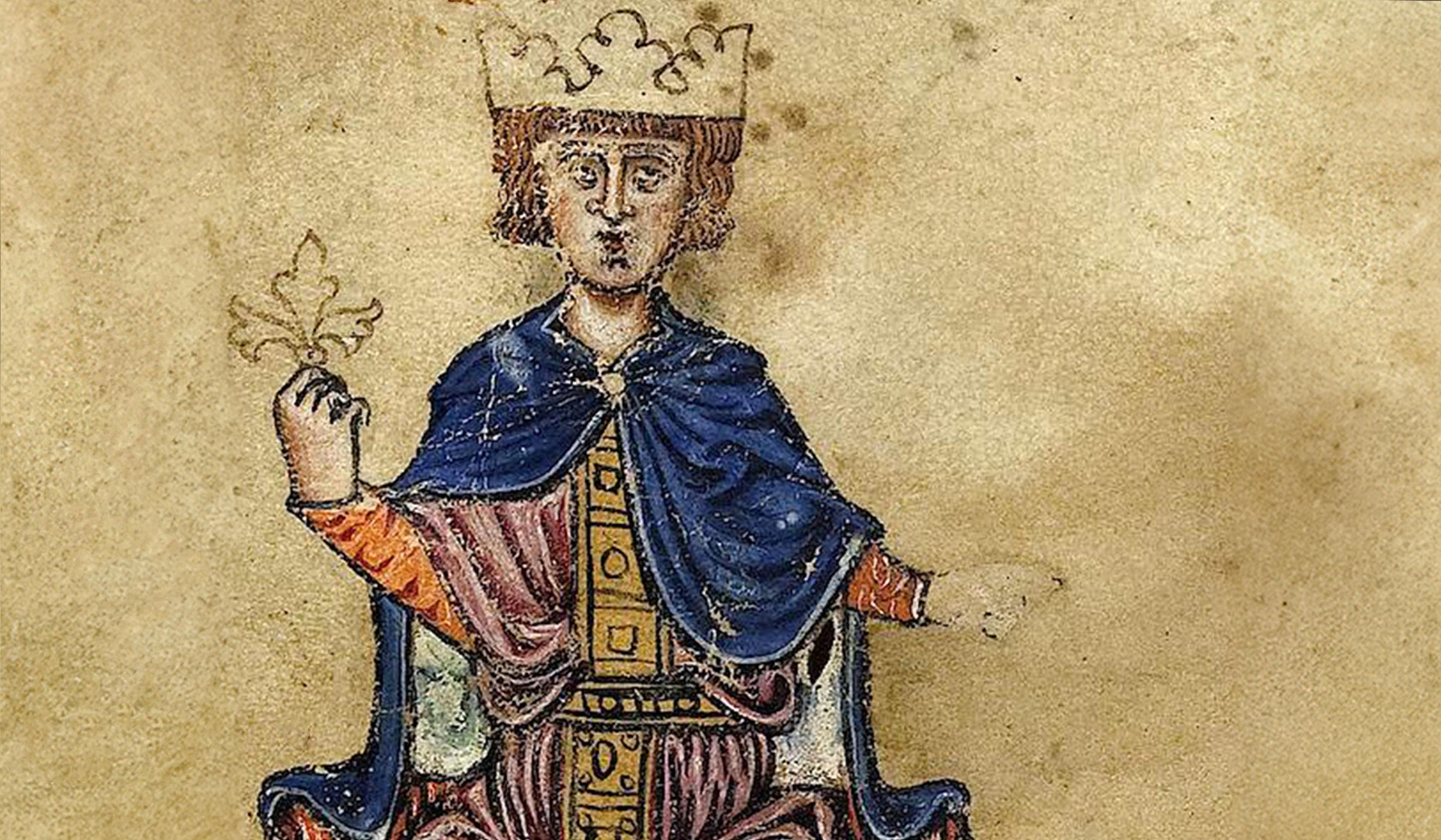
video
Religion
Hear from blasphemes, sceptics and free-thinkers in this ‘tour of medieval unbelief’
52 minutes

video
Ecology and environmental sciences
The ancient Hawaiian myth that sparked a modern ecological breakthrough
10 minutes
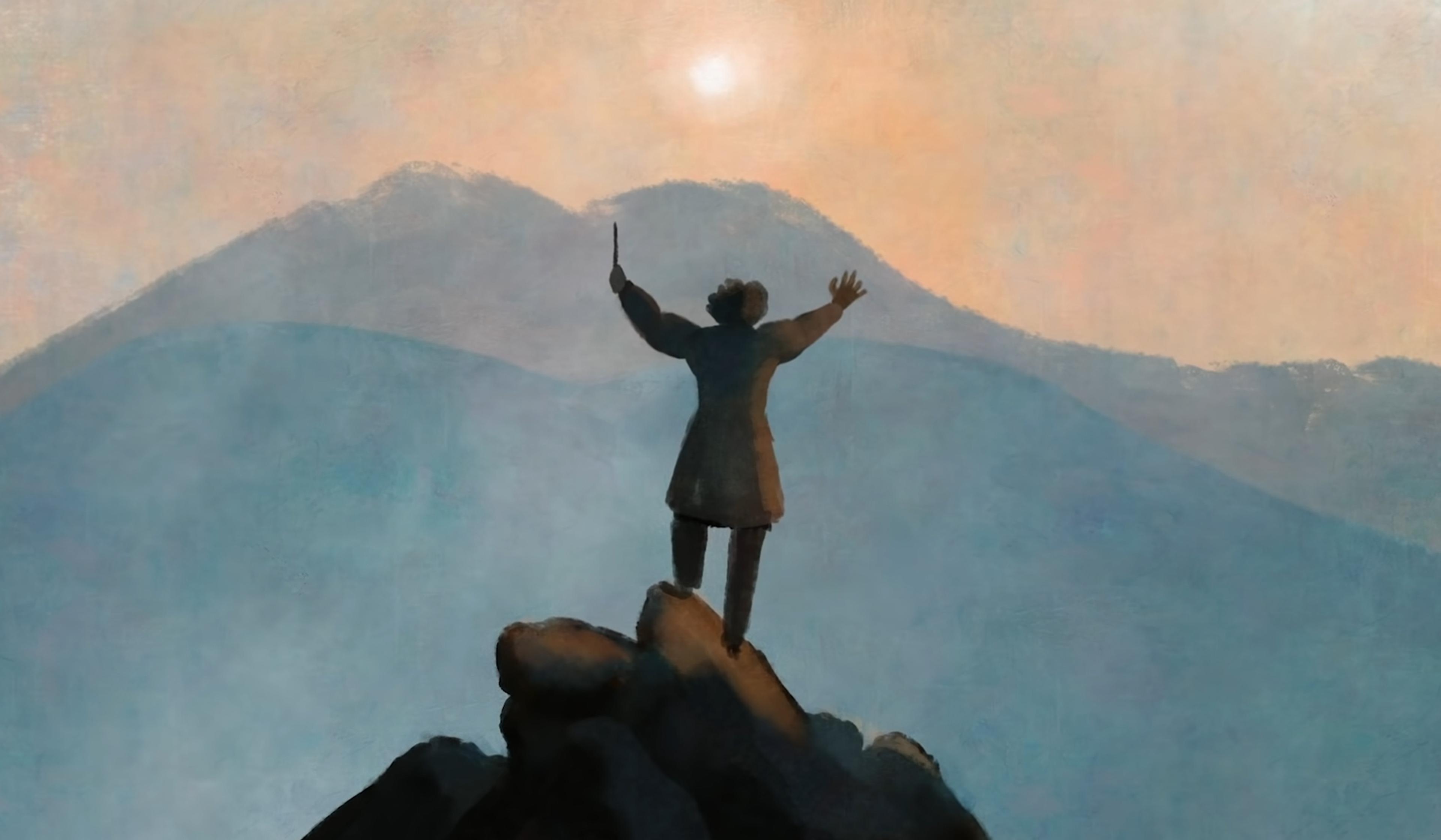
video
Music
‘Dun dun dun duuun!’ Why Beethoven’s Fifth sticks in the head and stirs the heart
5 minutes
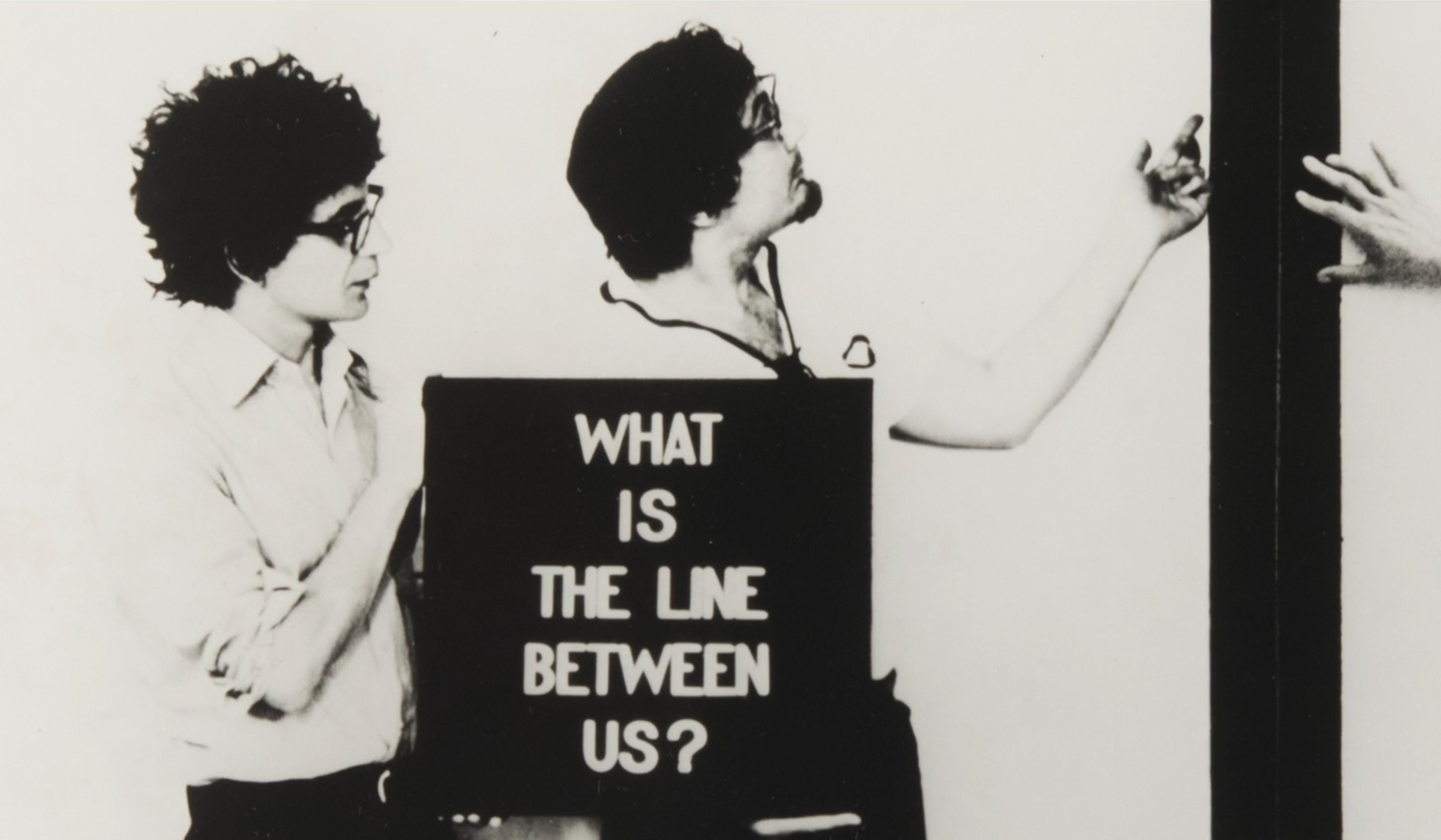
video
Art
The irreverent duo who thumbed their noses at the Soviet Union and the US art world
11 minutes
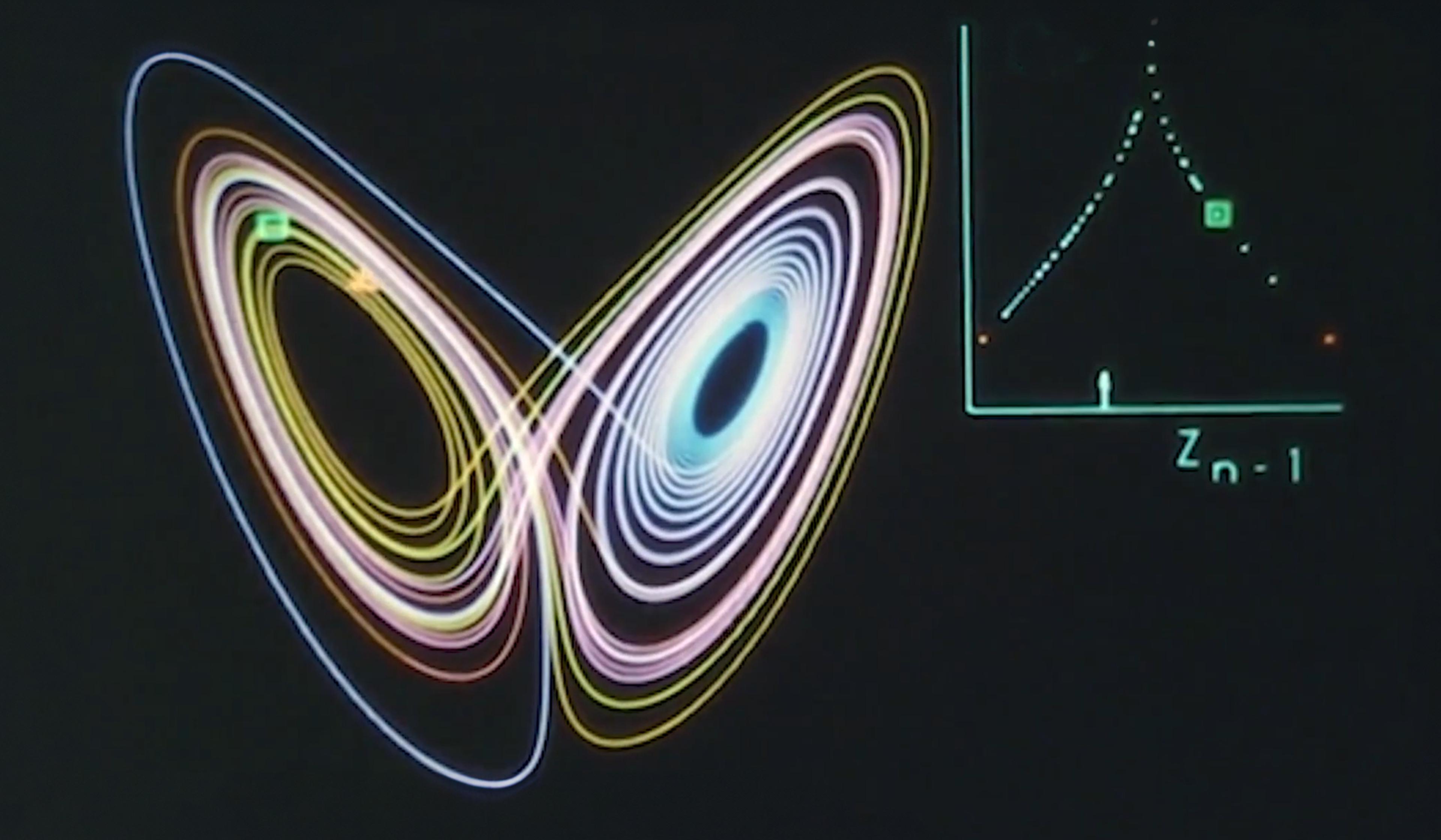
video
Thinkers and theories
Henri Bergson on why the existence of things precedes their possibility
3 minutes